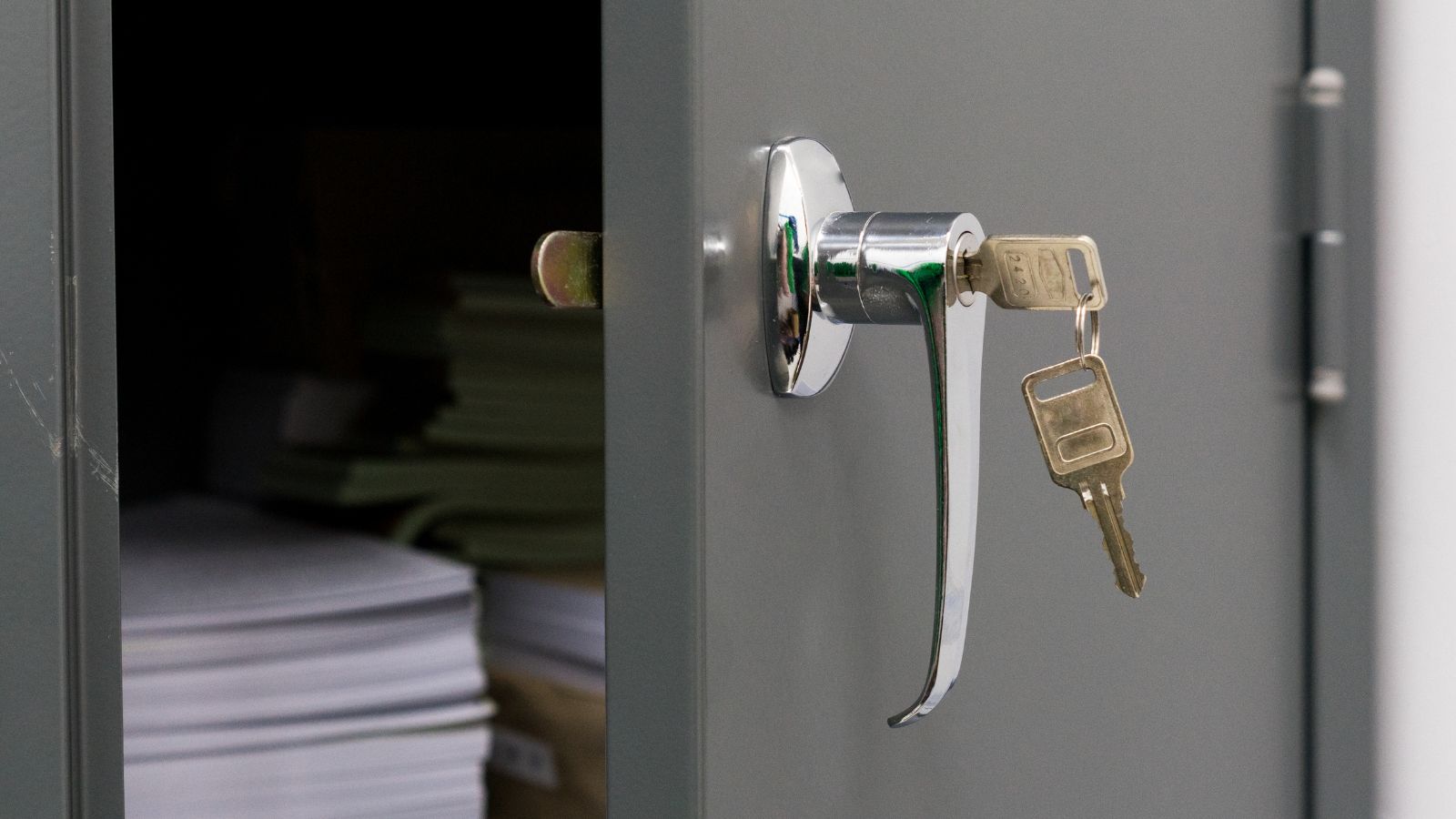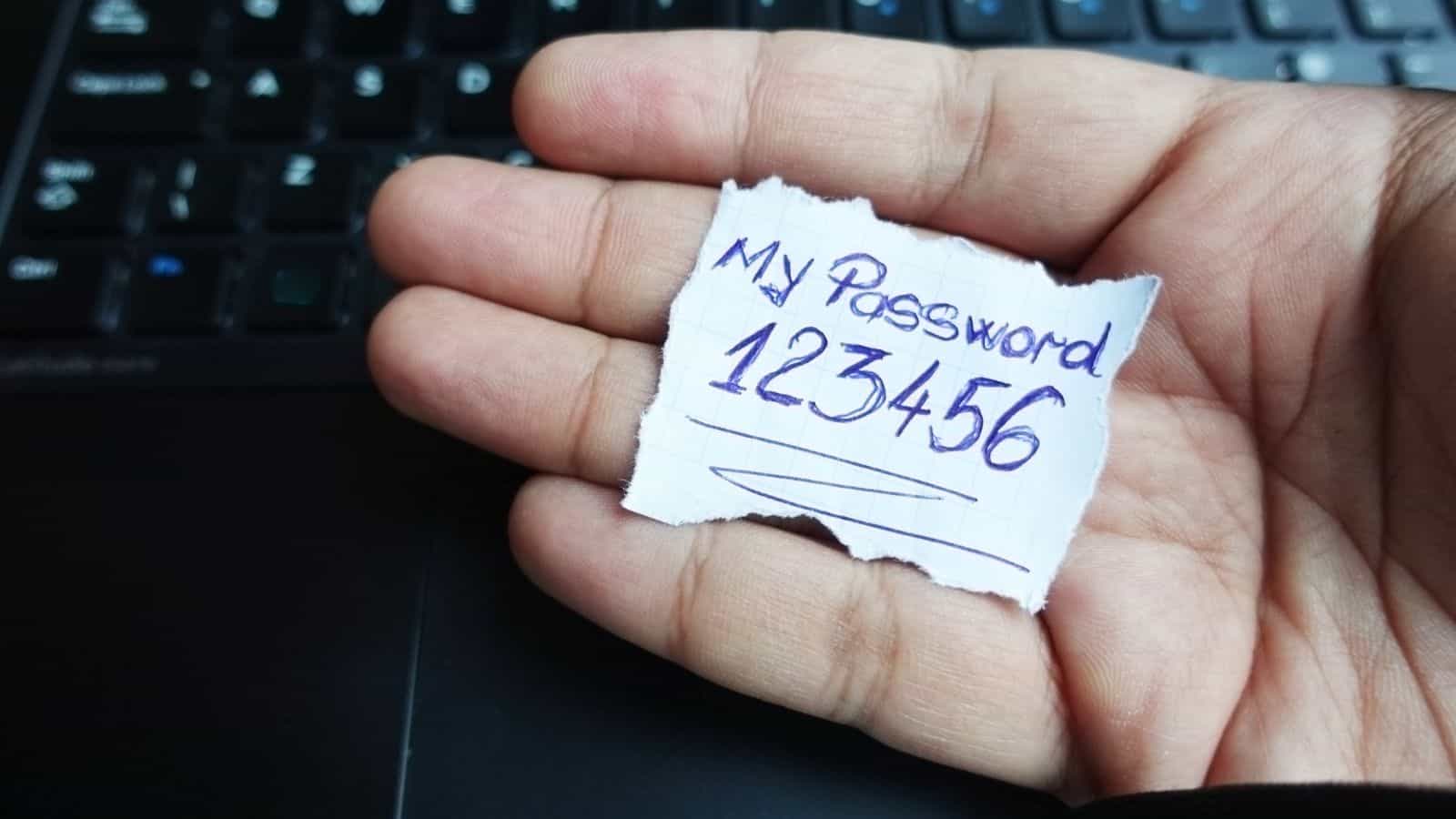Creating a will is one of the most important things you can do to make sure your loved ones are looked after once you’ve passed away. Even though most people think of the basics, there are so many smaller things that have most likely slipped your mind and here are 20 of them.
Digital Assets and Online Accounts

These days, nearly everyone has a significant digital footprint, yet many people forget to include it in their will. Your social media accounts, email, online banking, and even digital subscriptions all need to be handled after your passing. Without a clear plan, your accounts could remain active indefinitely, which can lead to confusion or even fraud.
Pet Care Instructions

When you think about it, if you have pets, it’s crucial to consider what will happen to them if you’re no longer around. Pets can often end up in shelters or with people who may not be prepared to take care of them.
Also, think about including specific details about your pet’s diet, routine, and medical needs to help make their transition smoother.
Personal Letters to Loved Ones

At the end of the day, while it’s not legally binding, adding personal letters to your will can provide comfort and guidance to those you leave behind. You might want to write a heartfelt message to family members, share life advice, or explain decisions you’ve made in your will.
Guardianship for Minor Children

To be honest, one of the most important things parents can include in their will is a designated guardian for their minor children. Without this, the decision could be left up to the courts, which might not align with your wishes. It’s also a good idea to include backup guardians in case your first choice is unable to fulfill the responsibility.
Specific Sentimental Items

Without a doubt, beyond money and property, there are likely sentimental items that hold special meaning to you and your family. Even small things, like a favorite book or keepsake, can carry deep emotional value, making it important to document them clearly in your will.
Instructions for Funeral and Burial Preferences

Believe it or not, many people forget to outline their funeral and burial wishes in their will. You could also include instructions on music, readings, or other preferences to ensure your final farewell is handled the way you envision. Pre-planning your funeral can also prevent unnecessary expenses and ensure your estate is used as you intended.
A Plan for Charitable Donations

If you’ve supported certain causes throughout your life, including charitable donations in your will is a great way to leave a lasting impact. Many charities even offer guidance on how to include them in your estate planning. This can also provide tax benefits for your estate that align with your personal values.
Business Succession Plans

For business owners, it’s essential to include a clear succession plan in your will. Without a plan in place, a thriving business could face unnecessary complications or even closure.
If possible, working with an attorney to draft a business transition strategy can provide additional security.
Outstanding Debts and How to Handle Them

At some point, addressing outstanding debts in your will is crucial. Your will can outline which assets should be used to pay off debts or provide guidance on handling certain financial obligations. This helps avoid confusion for your loved ones and ensures that debts don’t become a burden on your estate.
Access to Important Documents

When it comes to estate planning, providing access to important legal and financial documents can save your executor a lot of time and stress. Items such as your birth certificate, marriage license, tax records, and insurance policies should be noted in your will, along with instructions on where they’re stored.
Life Insurance Policy Details

At the very least, including details about your life insurance policies in your will can make it easier for your beneficiaries to access the funds when they need them most. Many people forget to provide specifics such as the policy number, the name of the insurance company, and the contact information for their agent.
Distribution of Family Heirlooms

It goes without saying but family heirlooms hold sentimental value that often surpasses their monetary worth. Items such as jewelry, antiques, photo albums, and furniture can cause tension among family members if their distribution isn’t clearly outlined in your will.
It’s a good idea to talk with your loved ones beforehand to see if any particular items are meaningful to them.
Trust Funds for Children or Grandchildren

Looking ahead, setting up a trust fund for your children or grandchildren can be a smart financial move. Rather than leaving them a lump sum that they may not be ready to manage, a trust can provide gradual financial support for their education, housing, or other future needs.
Instructions for Handling Valuables

Let’s be honest, high-value items such as artwork, collectibles, and investment properties require special consideration. Including clear instructions on how these assets should be handled, appraised, or sold can help your executor manage them more effectively. You should keep an updated inventory of valuables with their estimated worth to make the settlement process easier.
Passwords and Account Logins

In today’s world, it’s easy to overlook the importance of including passwords and account logins in your will. Your executor or family members may need access to your online banking, email, or cloud storage accounts to close them or transfer ownership.
Be sure to store this information in a safe place and provide instructions on how to access it when needed.
Provisions for Elderly Parents

When planning your estate, it’s important to consider the ongoing needs of elderly parents who may rely on you for financial or caregiving support. This could include setting aside funds for their medical expenses, designating a caregiver, or ensuring that their living arrangements are secured.
Handling of Personal Debts Owed to You

As you probably already know, if you’ve loaned money to friends or family members, it’s important to address how those debts should be handled in your will. Clearly specifying whether those debts should be forgiven or repaid to your estate can prevent awkward disputes and financial confusion.
Updating Executor Responsibilities

Of course, choosing the right executor is one of the most important decisions in estate planning. Your will should clearly outline the responsibilities of your executor, including how they should handle your financial affairs, property, and any legal matters.
It’s a good idea to regularly review and update your executor’s choice to ensure they are still capable and willing to fulfill the role.
Handling of Unused Assets

Over the years, it’s easy to accumulate assets that no longer serve a purpose but still have value. You may wish to sell some assets and divide the proceeds among beneficiaries, donate items to charity, or pass them down to specific family members.
Instructions for Special Medical Needs

Finally, if you or a family member have specific medical needs that require ongoing attention, your will should include instructions to ensure their care continues seamlessly. This could involve setting up funds for medical treatments, designating a caregiver, or providing information on preferred healthcare providers.
